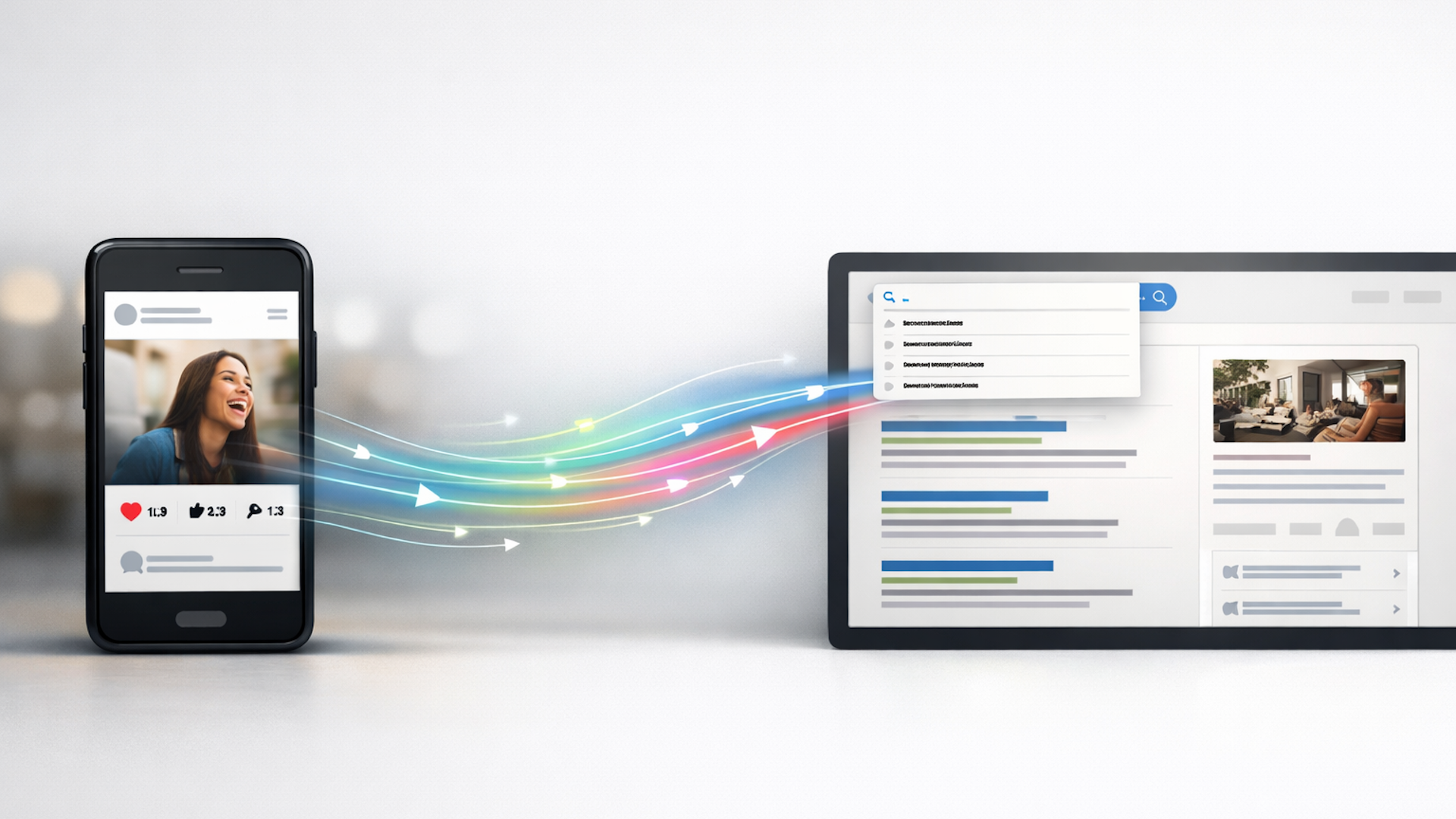Study: Display Ads Drive Search Clicks After Two Weeks
Though there have been several studies on the impact of display ads on search queries, researchers from Harvard and Ozyegin University in Turkey sought to bring academic rigor to this discussion. Their findings are contained in a Harvard Business School paper entitled, “Do Display Ads Influence Search? Attribution and Dynamics in Online Advertising” (embedded below). The document is tedious and […]
Though there have been several studies on the impact of display ads on search queries, researchers from Harvard and Ozyegin University in Turkey sought to bring academic rigor to this discussion. Their findings are contained in a Harvard Business School paper entitled, “Do Display Ads Influence Search? Attribution and Dynamics in Online Advertising” (embedded below).
The document is tedious and difficult to read because it’s bogged down with academic jargon, social-science modeling discussions and references to other research, per the conventions of such academic writing.
The conclusions and insights are useful, however, and can be boiled down to the following:
- Display advertising does indeed generate more search volume, clicks and conversions
- Search ads don’t drive increased interaction with display ads, however
- The effect of display ad exposure on search may not be immediate but is significant “after a period of two weeks”
- Marketers may not be correctly determining ROI and CPA by using common, simplistic calculations and metrics
- There are budget-allocation implications from the researchers’ “dynamic” ROI analysis that argue for a higher search spend
These insights were gained from a deep dive into search and display ad spending and conversion data “from a large US bank” that used online advertising to acquire new checking account customers. The data were from 2010. The bank’s online ad budget for the year was approximately $1 million, “almost equally split between search and display.”
The researchers didn’t have any data about the offline impact of online advertising. Accordingly there may be numerous online-influenced, offline conversions that are not reflected in the analysis. That would not undermine any of their findings, however.
Here are a few verbatim excerpts from the case study:
We found that display ads have a significant impact on search applications, as well as clicks. The majority of this spillover was not instant, but took effect only after two weeks…
Our findings suggest that simple static metrics, commonly used in the industry, may not accurately measure the effectiveness of online advertising. We propose dynamic versions of the classic metrics and find that search CPA is 48% lower than the static CPA, while search ROI is 38% higher than the static ROI. Similar pattern emerges for display advertising, where we also account for attribution. This made display CPA 14% lower and ROI 10% higher than their standard counterparts…
These revised measures of ad effectiveness lead to a very different budget allocation than the one used currently by the [bank]. Specifically, we find that even though our proposed allocation gives credit to display due to its effect on search applications, search ad budget should be increased by 36% from its current level due to its strong dynamic effects, and display ad budget should be decreased by 31%…
Contributing authors are invited to create content for Search Engine Land and are chosen for their expertise and contribution to the search community. Our contributors work under the oversight of the editorial staff and contributions are checked for quality and relevance to our readers. Search Engine Land is owned by Semrush. Contributor was not asked to make any direct or indirect mentions of Semrush. The opinions they express are their own.



